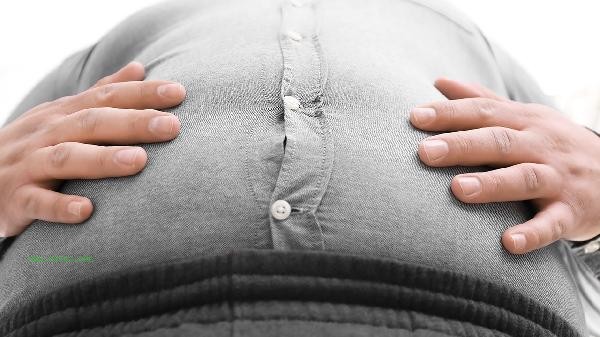Dieting to lose weight usually starts consuming fat after 3-5 days. The initiation time of fat mobilization is closely related to basal metabolic rate, body fat percentage, exercise intensity, hormone levels, and dietary structure.

1. Basal metabolic rate: People with high basal metabolism break down fat earlier. Individuals with higher muscle mass have greater resting energy expenditure, and when liver glycogen reserves are depleted, the body will prioritize the use of fat for energy supply. Men usually enter the fat burning stage earlier than women due to their higher levels of testosterone.
2. Body fat percentage difference: When the body fat percentage exceeds 25%, fat mobilization is delayed. The breakdown of visceral fat requires a higher concentration of lipase, and obese individuals have stronger insulin resistance in their adipocytes, requiring a longer period of low sugar state to activate lipase. When the body fat percentage is below 18%, it may directly consume muscle protein.
3. Effect of exercise intensity:
Low to moderate intensity exercise accelerates fat energy supply. When the exercise heart rate is maintained within the range of 60% -70% of the maximum heart rate, the efficiency of fatty acid oxidation is highest. Although high-intensity interval training burns a large amount of fat, it mainly consumes glycogen during the excessive oxygen consumption stage after exercise.
4. Hormonal regulation mechanism:

Glucagon dominates metabolism after 48 hours. As insulin levels decrease, the concentrations of growth hormone and adrenaline increase, promoting the release of triglycerides from adipocytes. Elevated progesterone levels before menstruation in women temporarily inhibit fat breakdown.
5. Dietary structure design:
Protein intake determines metabolic pathways. When the daily protein intake is less than 0.8 grams per kilogram of body weight, accelerated muscle breakdown will affect basal metabolism. A low carbohydrate diet induces ketone body production faster than a low-fat diet, but may cause electrolyte imbalances.
It is recommended to adopt a stepwise calorie restriction method, reducing daily intake by 300-500 calories in the initial stage, and combining it with morning fasting aerobic exercise to improve fat oxidation efficiency. Monitor changes in body composition weekly, and supplement with multivitamins when weight loss exceeds 1% of baseline weight. If there are signs of dizziness, amenorrhea, etc., extreme dieting should be stopped immediately and a high protein balanced diet should be switched to. Long term extremely low calorie diet may lead to hypothyroidism, which is not conducive to sustained weight loss.





Comments (0)
Leave a Comment
No comments yet
Be the first to share your thoughts!